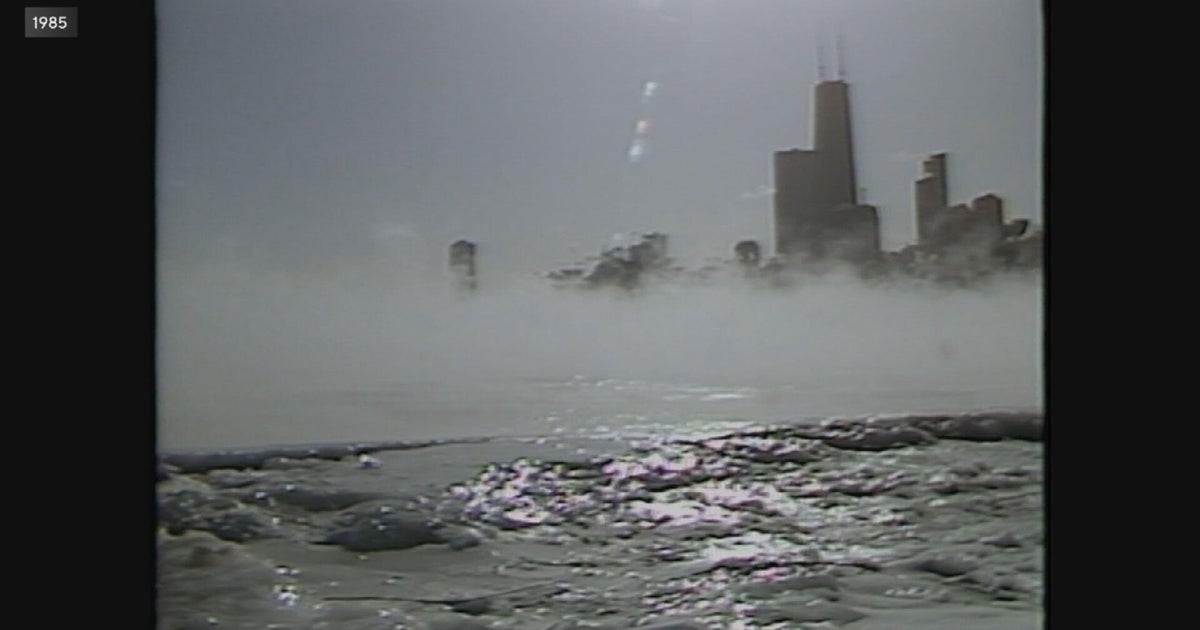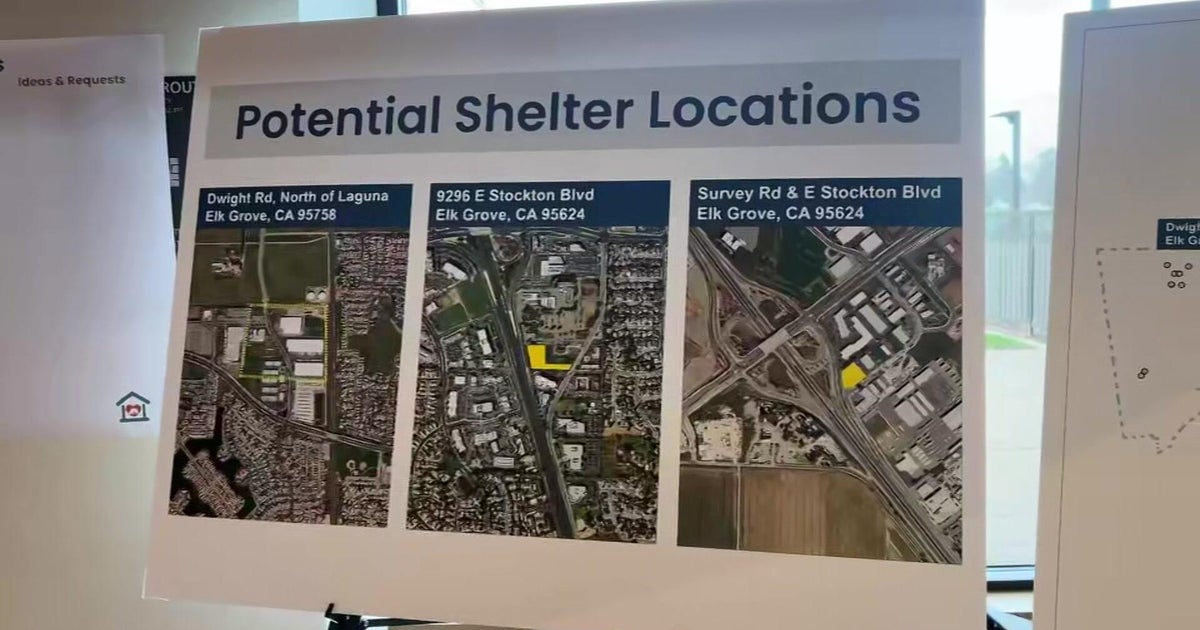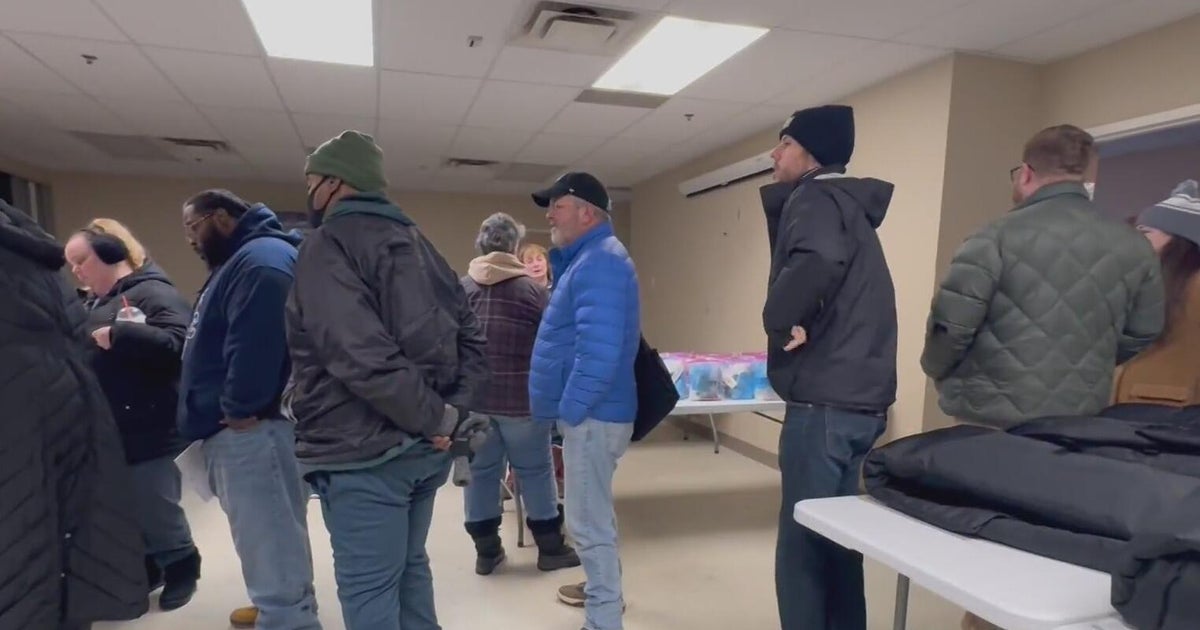Migrants frustrated at being forced out of Chicago shelters as city enforces 60-day stay limit
CHICAGO (CBS) -- Some migrant families say they are being evicted from shelters—despite there being plenty of space left for them.
The City of Chicago is executing its 60-day shelter stay policy, offering to reprocess any asylum seeker who asks to reenter the shelter system. To date, the city said 970 individuals have exited the shelter system because of the 60-day limit on shelter stays—and of those, 554 have returned to the landing zone at Polk and Desplaines streets to be processed, and 536 have reentered the shelter system.
But some parents are choosing to avoid coming back to the landing zone at all. They would rather take their chances and risk homelessness after their shelter stay limits are up, because they do not trust the city will do the right thing.
Rosa—who asked to have her identity shielded—has been in the Pilsen migrant shelter on South Halsted Street for months. Now, she, her husband, and her son are looking for an apartment because they were evicted from the Halsted Street shelter—and placed into another one an hour and a half away.
Rosa's son is 5 and goes to school nearby.
In January, Mayor Brandon Johnson said, "We want to give every person and every single family that has come to our city enough time to process their work authorization, find housing, start a new life in our great city."
Migrants like Rosa, though, are still waiting for work authorization.
"When we have a mayor who talks about investing in people while actually evicting people, it just doesn't add up," said Ald. Andre Vasquez (40th), chair of the City Council Committee on Immigrant and Refugee Rights. "The part that to me is puzzling is the governor, the mayor, and the Cook County Board president had an agreement on 15,000 beds throughout the end of the year—or at least even until the DNC."
As of Thursday, the city said about 6,700 migrants were living in city- or state-run shelters. Volunteers like Maria Perez are working to make sure the people still in shelters know what to do if they are evicted next.
"This is your only option," said Perez. "They don't have any other options, you know, I mean—or they're going to be put out on the street."
Other cities also enforce shelter-stay policies for migrants—Denver and New York began doing so before Chicago did. In Chicago, after delaying the eviction deadline a few times, migrants are now receiving notices.
Any new person who enters the shelter system is supposed to get a 60-day notice as well, with a few exceptions.







